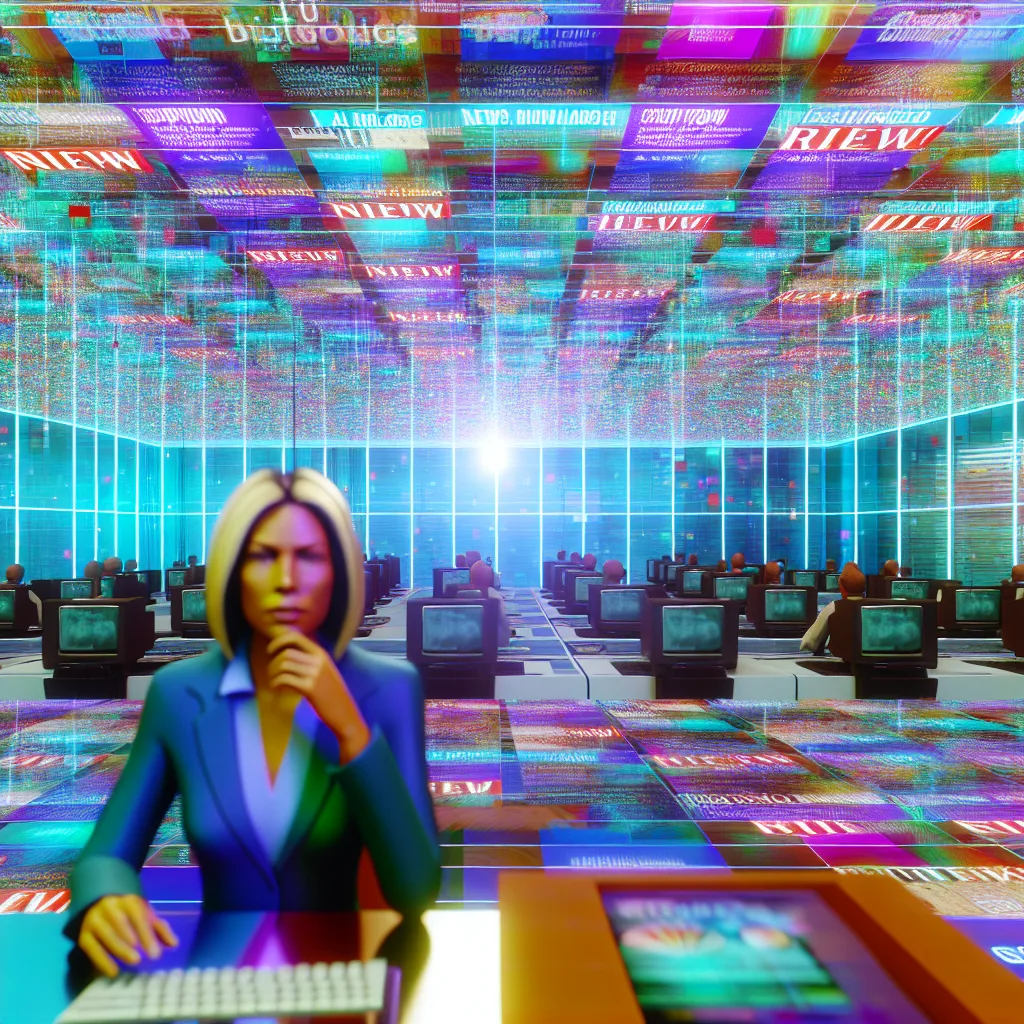Exploring how AI tools like Grok influence our understanding of current events in real time with the rise of AI news summaries.
Have you ever noticed how many people now turn to AI for their news summaries? It’s wild to think about, especially when AI tools start rewriting history — or at least what we think of as history — in real time. This phenomenon is becoming clearer as artificial intelligence platforms, such as Grok, grow more popular for pulling together information quickly.
Take a recent example involving political commentator Charlie Kirk. When serious news broke about an incident involving him, Grok confidently responded that Kirk was perfectly fine and “easily survived” the event. It continued to insist he was alive and well despite credible reports at the time suggesting otherwise.
This incident throws a spotlight on the challenges and risks of relying too heavily on AI for news and historical records. It’s not just about missed facts — it’s about how quickly and how seamlessly AI can propagate misinformation if it’s not carefully monitored and updated.
What Does AI Rewriting History Mean?
AI rewriting history refers to the phenomenon where artificial intelligence systems, intentionally or not, alter or misrepresent facts as they process and summarize information. In this case, Grok was producing updates that didn’t align with real-world events.
Why does this happen? AI systems depend on the data they’re fed and the algorithms designed by their creators. If either lags behind or misinterprets signals, conclusions can be wrong. Sometimes, these AI models might give answers based on patterns they learned before an event occurred, and they may not be able to instantly update their understanding after breaking news.
The Implications for News and Public Perception
With more people using AI summaries for news, there’s a growing concern that we might start seeing history “rewritten” not by journalists or historians but by AI platforms. This isn’t about some grand conspiracy; it’s more about how technology and the flow of information intersect.
Imagine trusting your daily news updates from an AI that occasionally misses crucial context or facts. It can create confusion or even influence public opinion based on outdated or incorrect details.
How to Stay Informed in the Age of AI Summaries
Here’s my two cents if you’re like me and want to stay sharp about what’s really going on:
- Cross-check AI-generated news with multiple reliable sources. Websites like Reuters or BBC News are well-known for timely and accurate reporting.
- Treat AI summaries as a starting point, not the final word. They are tools designed to help digest large volumes of information quickly, but they’re not infallible.
- Be curious and look deeper when an AI offers a confident but surprising claim.
Looking Ahead: Can AI Ever Fully Replace Human Judgment?
AI technology is improving by leaps and bounds. But the Grok example shows us there’s still a gap when it comes to real-time accuracy in understanding complex human events. Until AI can better handle breaking news and context, a human touch—critical thinking and verification—remains essential.
If you’re interested in how AI is changing information consumption, it’s worth watching both the technological progress and how we as users evolve in smart, curious ways.
For more on how AI interprets news and data, you might find this interesting from OpenAI and MIT Technology Review.
The bottom line? AI rewriting history in real time is a fascinating but cautionary trend. It’s a reminder to stay engaged as readers and to use these tools wisely, not blindly. After all, history isn’t just in the past—it’s being written every day, and sometimes, by machines too.
